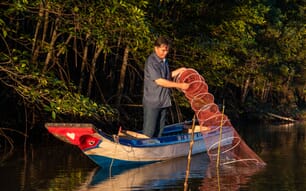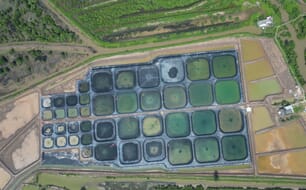The announcement follows months of discussions after Wal-Mart threatened to drop Alaskan salmon as it was not certified sustainable by the Marine Stewardship Council (MSC).
In order to stand by its commitment to sustainable seafood, Wal-Mart turned to the Sustainability Consortium, an organisation made up of businesses, academics and nonprofits, to develop principles for credible fishery management.
Based on the Sustainability Consortium findings, Wal-Mart has now revised its sustainable sourcing policy meaning that Alaska's RFM is now accepted.
"We appreciate the work the Sustainability Consortium has done to evaluate seafood sustainability and develop principles for credible sustainable fisheries programmes. These credibility principles will help us ensure sustainable seafood is available for future generations, and we’re excited that ASMI is working with us to show how the RFM programme meets these principles," said David Baskin, Vice President of meat and seafood for Walmart.
“Alaska's sustainable wild seafood continues to be its own best advocate, and the announcement from Wal-Mart is clear vindication of our superior sustainable management practices. This is a significant step in confirming wild Alaska seafood as the benchmark for sustainability. Last year, I made sure the National Park Service did not get away with guidelines that disparaged Alaska salmon, and I am pleased that Wal-Mart has stayed focused on the facts and science rather than rhetoric of groups outside the state who are pursuing an anti-Alaska campaign. Additionally, I appreciate that Wal-Mart's decision makers took me up on my invitation to make an Alaska visit a core component of their process," said Senator Lisa Murkowski.




